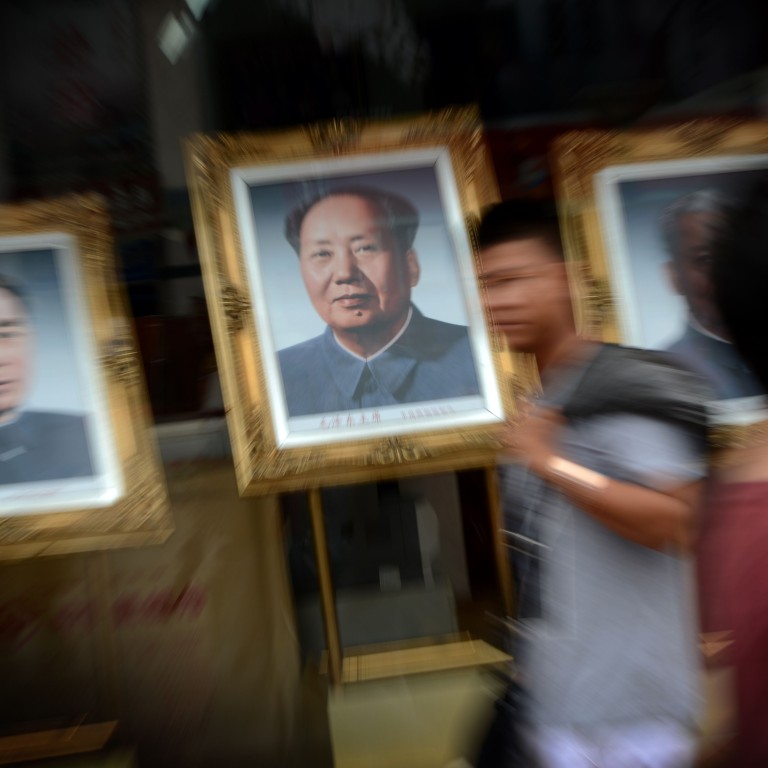
PR 101: Ease up on political jargon, diplomacy experts tell Beijing
The leadership will fail to sell itself at home and overseas until it learns the most powerful communication is clear and simple, experts say
Beijing needs to stop using jargon and vaguely worded political slogans if it wants to communicate more clearly with its own people and improve its relations and image overseas, analysts said.
International relations experts from China and the United States told an international strategy forum in Hong Kong last week that people often could not understand the central government’s messages, and that using clear and simple language might help it win support.
Orville Schell, director at the Asia Society’s Centre on US-China Relations in New York, said the Communist Party was keen on launching campaigns with vaguely worded slogans that were largely ignored by its citizens.
He cited the example of “the China Dream” promoted by President Xi Jinping.
It is “a weak combination of propaganda in public relations” and failed to “sell the country well” in the international community, said Schell.
Many of Mao’s well-known sayings are still in use today. Why? Because he knew how to use common people’s language
"I think what’s missing is the unspoken voices, the non-government natural players with the most convincing voice of all,” he told the forum.
The United States realised that Hollywood, the media and people outside of government were the key to promoting its soft power overseas, Schell said.
Professor Gong Wenxiang, former executive dean at Peking University’s School of Journalism and Communication, said today’s cadres should take a leaf out of Mao Zedong’s book when learning to use clear language.
"Many of Mao’s well-known sayings are still in use today. Why? Because he knew how to use common people’s language to explain profound philosophies,” Gong said.
"If Chinese officials fail to capture the Chinese public’s interest when they’re trying to understand what they’re saying, how can you get your foreign counterparts to trust you?”
Professor Jia Qingquo, associate dean at the School of International Studies at Peking University, said the patry had been successful in promoting itself overseas during its early history in the 1930s and 1940s. He said it was largely through its actions and idealism rather than skill in public relations.
"The party achieved outstanding success in the diplomatic area, even though the international community didn’t know anything about the party as it was just an opposition group during the Kuomintang’s era,” he said.
"It was the party’s humble and pure spirit in Yanan [city in Shaanxi province, a stronghold of the communist revolution] that prompted the American journalist Edgar Snow and other Western reporters to conduct many on-the-spot interview at the caves of Mao Zedong and other party leaders in poor and remote western China, helping the rising party to win so much decisive support from Western countries.”
Some cadres were guilty of using selective information out of context to stir up tension between China and the US, according to Professor Kong Fanjun, another Peking University foreign affairs expert.

